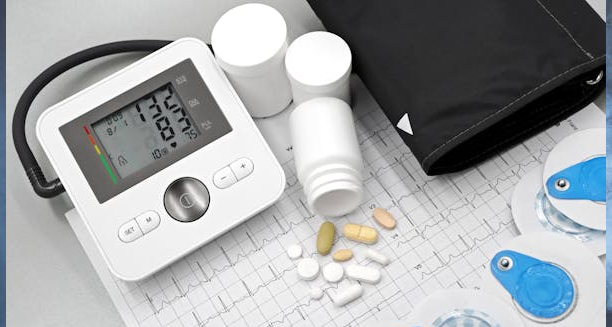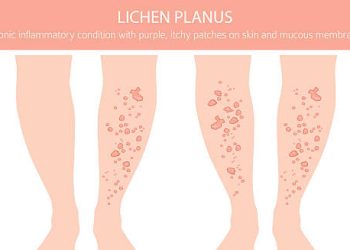Diagnosis of Cardiomyopathy
Diagnosis of cardiomyopathy involves a combination of physical examination, imaging tests, and sometimes genetic screening. A proper diagnosis of cardiomyopathy helps determine the type, severity, and treatment plan needed.
Doctors start by reviewing medical history and asking about symptoms like breathlessness, fatigue, or fainting. They also inquire about family history of heart disease, sudden death, or genetic conditions.
Physical examination may reveal signs such as heart murmurs, lung congestion, or swelling in the legs. A stethoscope may pick up abnormal heart sounds or fluid in the lungs.
Key diagnostic tests include:
1. Electrocardiogram (ECG)
Records the heart’s electrical activity and detects abnormal rhythms, past heart attacks, or conduction delays.
2. Echocardiogram
Uses ultrasound to visualise the heart’s structure, thickness, and pumping ability. It helps distinguish between dilated, hypertrophic, and restrictive types.
3. Cardiac MRI
Provides detailed images of heart muscle, scarring, and inflammation. Useful in complex or unclear cases.
4. Chest X-ray
Can show heart enlargement or fluid in the lungs.
5. Blood tests
Check for signs of heart failure, infection, or underlying conditions like thyroid dysfunction.
6. Genetic testing
Recommended if inherited cardiomyopathy is suspected. Helps confirm the diagnosis and guide screening for family members.
7. Cardiac catheterisation
Diagnosis of Cardiomyopathy
May be used to assess blood flow, pressure inside the heart, or rule out coronary artery disease.
A complete diagnosis of cardiomyopathy includes identifying the subtype, assessing function (ejection fraction), and staging the condition. This ensures treatment is accurate and effective.
[Next: Treatment of Cardiomyopathy →]


